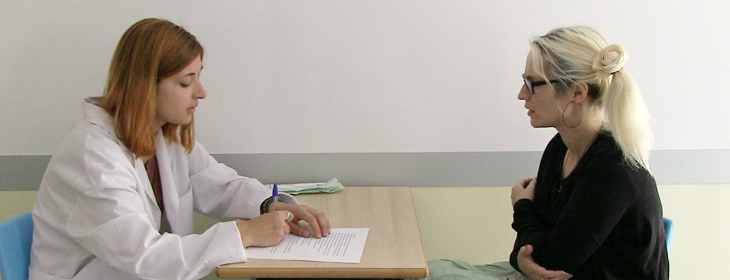TIP:
Another type of language function that you may need to be able to use for Part 3 of the speaking test is the language of speculation. You may, for example, be asked to speculate as to the causes of a particular problem or situation, or to imagine how the world will be in the future. The following exercises will examine some of the language that can be used to speculate about the present or future and about the past.




